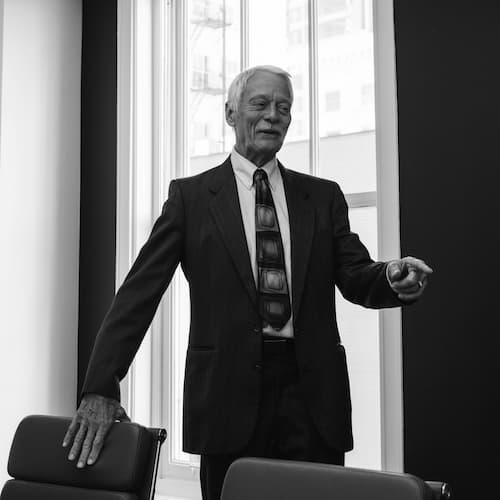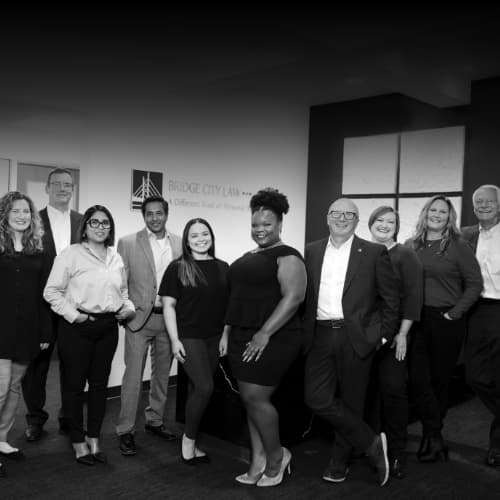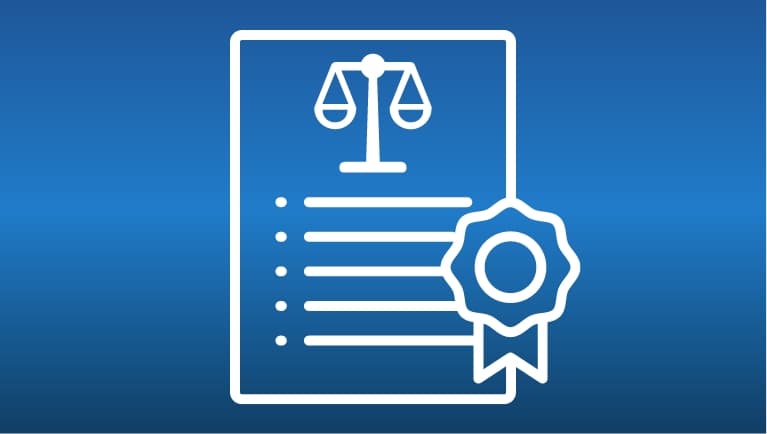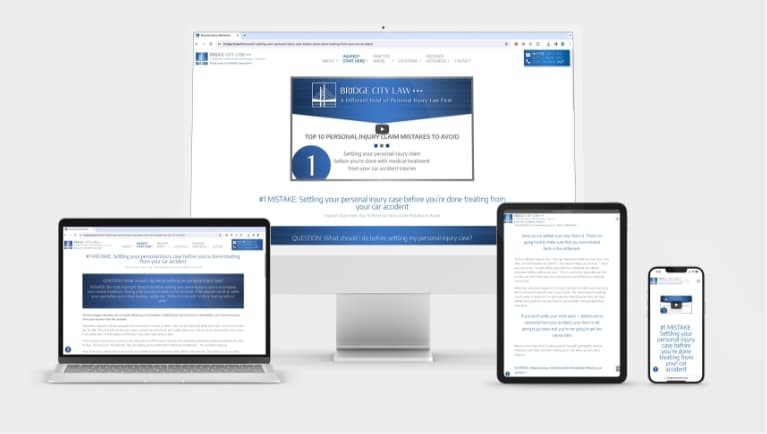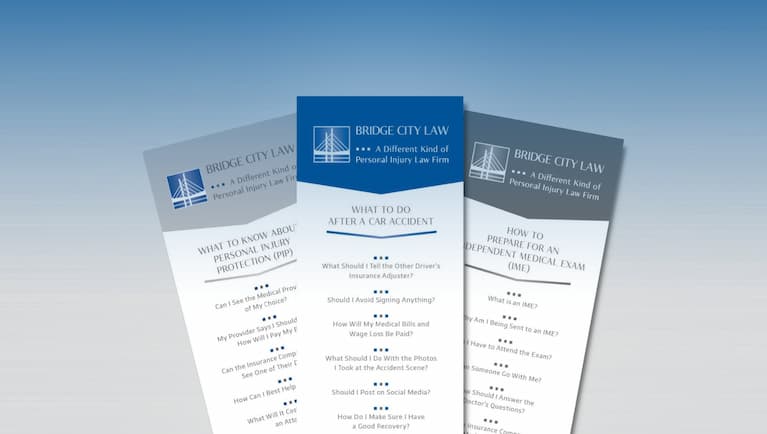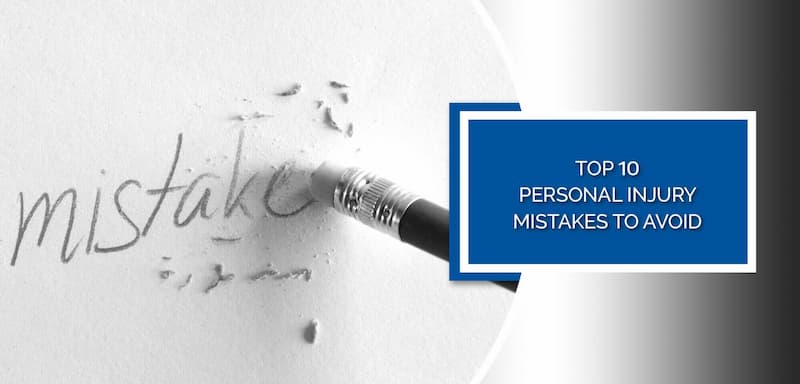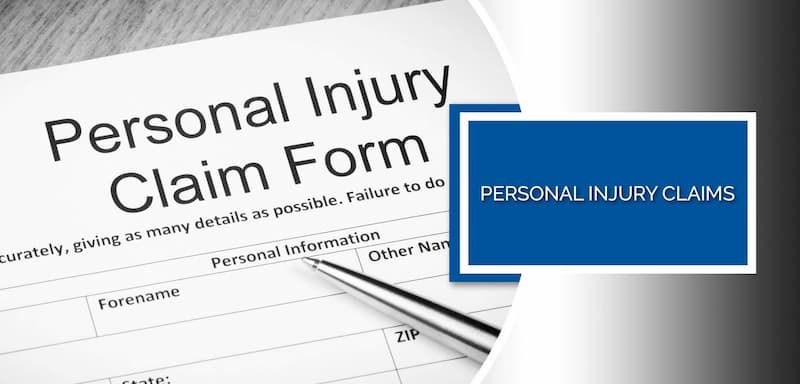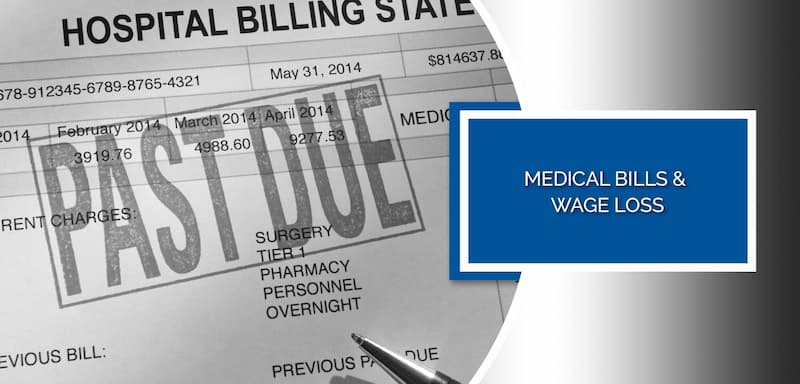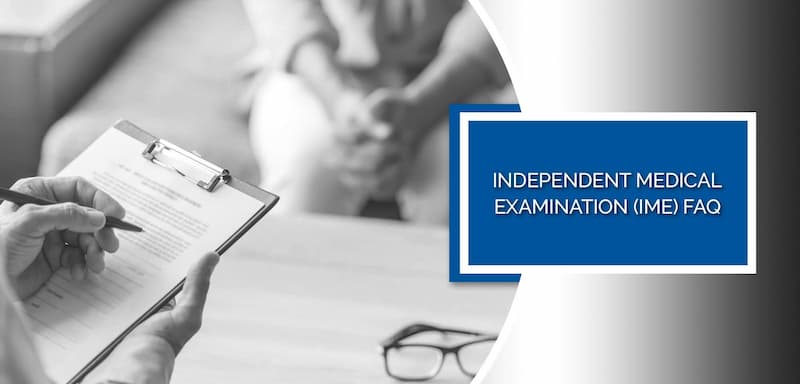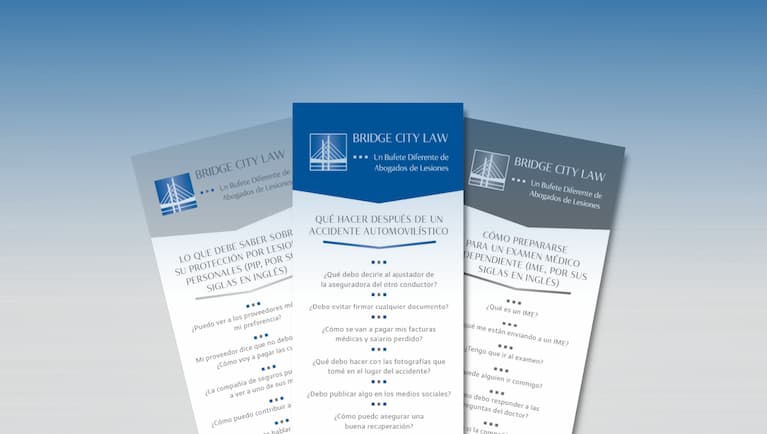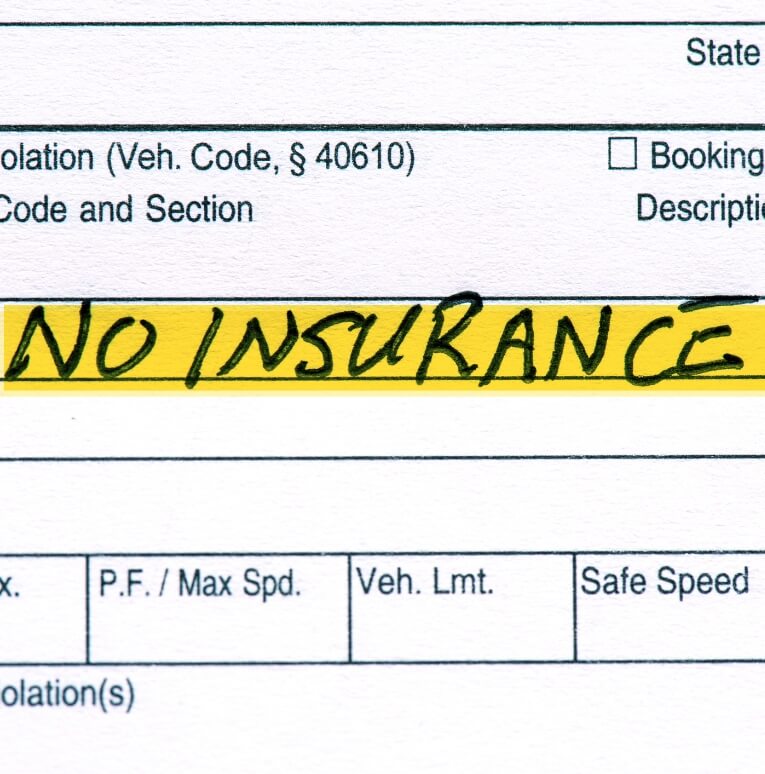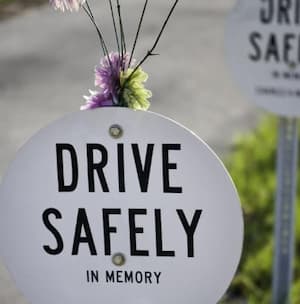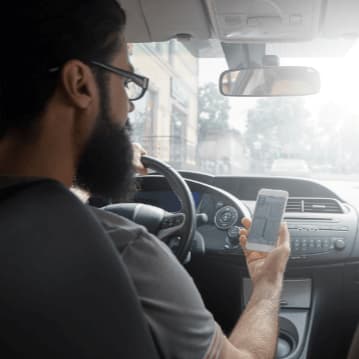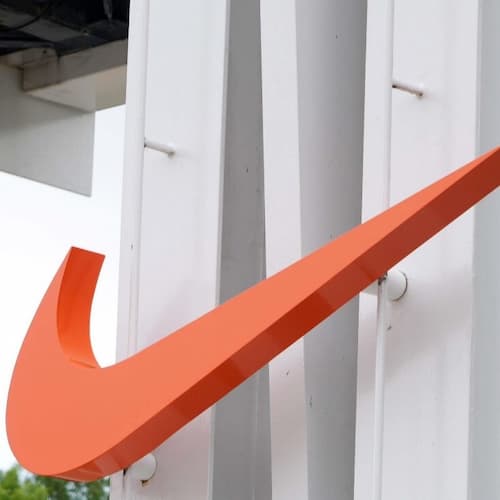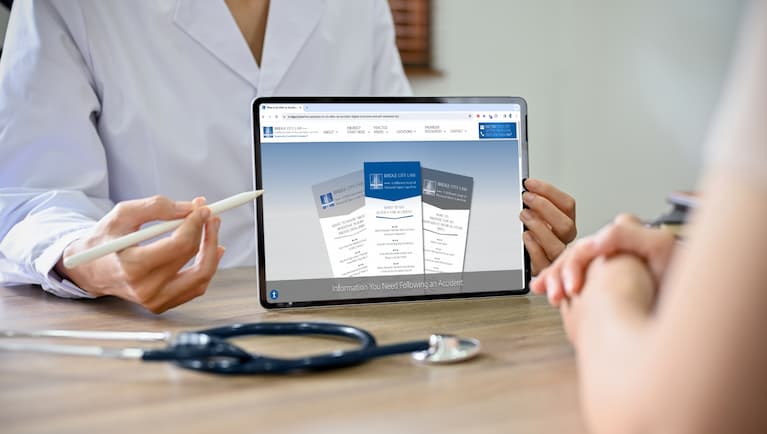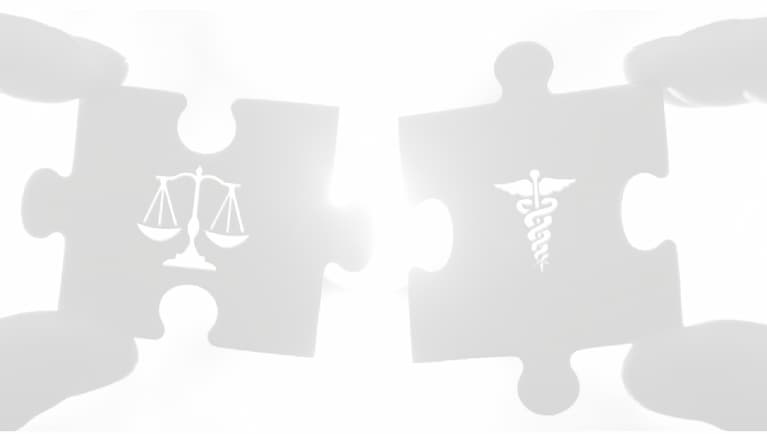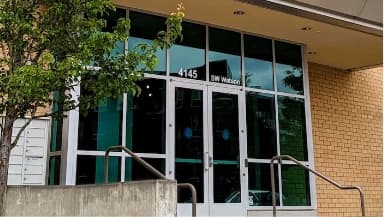#7 MISTAKE: Posting information about your car accident on social media
QUESTION: Should I post on social media if I’ve been injured in a car accident?
ANSWER: If you use social media, there is nothing wrong with making a general statement that you were in a car accident and that you were injured. What you need to avoid sharing detailed information about the collision or specific information about your injuries. Insurance adjusters will search your social media pages for any information and pictures you post to use against you if they can. To protect your personal injury claim, it’s best to adjust the security settings on your social media accounts to private and to be cautious with what you post.
The seventh biggest mistake you can make following a car accident is posting information about your accident on social media.
We see most of our clients posting on Facebook and Instagram, and they’re not always mindful of what they post about their accident and events following their accident.
Posting on social media can harm your claim because the adjuster for the insurance company will review the content on your social media pages looking for things you have said or activities that you’ve done that they see as inconsistent with your injuries.
The adjuster will mischaracterize the information you are posting and twist information they find or pictures they see in a way that supports their position on your claim.
We’re not advising you to, “Never post on Facebook or Instagram.” What we are saying is to be very careful about what you post. It’s fine to share a little information, letting people know that you are getting the medical treatment you need following your car accident, but don’t post about the ups and downs of your recovery, or how frustrated you might be at the person who caused the collision.
If you don’t post very often, this will be easy. If you post a lot, it can be challenging. What is truthful and basic information for you, will be interpreted differently by the insurance company. When navigating a personal injury claim, It’s best to under-share on social media. We have represented a client, where the insurance company found a YouTube video of them doing a dance in front of a Portland food cart.
It was very innocent — and also very damaging to their claim.
If you want to share more details about your accident with your family and friends — the best thing to do is pick up the phone and call them. The most important thing is not to give the insurance company ammunition to twist information that can be used against you.
Go ahead and post, but keep your posts short and not too often. When it comes to social media, the best way to protect yourself and your personal injury claim is to know that the insurance adjuster could very well be looking at your social media posts and comments for information to use against you.
Whether you’re our client or not, we want to be a bridge of support for you.
We’ve developed a robust library of articles and videos organized into four topics which include our responses to the personal injury claim-related questions we’re asked most often.
- Los 10 Principales Errores En Lesiones Personales Que Debe Evitar
- LO QUE NECESITA SABER SOBRE SU RECLAMO
- How Are My Medical Bills & Wage Loss Paid
- Cómo Prepararse para
Su Examen Médico Independiente
The articles provide advice and guidelines to help you navigate each phase of the personal injury claims process. Whether we represent you or not, we are passionate about helping you protect your rights, you receiving the medical care you need to recover from your injuries, and having the information you need to avoid mistakes that can harm your personal injury claim.
Estamos aquí para ser un puente de apoyo. Si tiene preguntas sobre cómo navegar el proceso de reclamo por lesiones personales, estaremos encantados de hablar con usted. Ya sea que sea nuestro cliente o no, queremos que obtenga la información que necesita para proteger sus derechos y su reclamo.
¿NO ESTÁ SEGURO SI TIENE UN CASO?
Contáctenos para una evaluación de caso SIN CARGO
"*" indicates required fields









